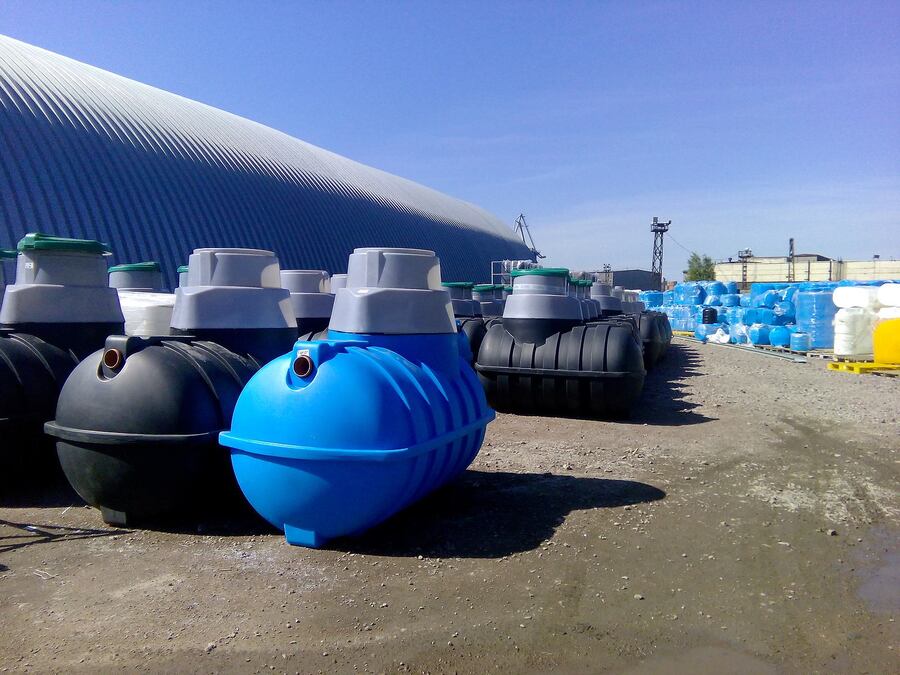
15
A septic tank is an essential part of your home’s sewage management system, intended to endure for many years with appropriate upkeep and care. Nonetheless, its true lifespan may differ based on elements like material, usage, and maintenance habits. Homeowners frequently question when their septic tank will require replacement or repair. By recognizing these elements and remaining proactive with routine services such as septic tank pumping and cleaning, you can enhance your system’s lifespan.
The lifespan of a septic tank depends on the material it’s made of.
Concrete Tanks: These tanks are the most durable, with an average lifespan of 40 years or more when properly maintained.
Plastic Tanks: Lightweight and resistant to rust, plastic tanks can last 30–40 years.
Fiberglass Tanks: Similar to plastic, fiberglass tanks are durable and long-lasting, with a lifespan of 30–40 years.
Steel Tanks: Steel tanks are less common due to their susceptibility to rust, typically lasting 15–20 years.
Regardless of the material, regular care by a professional septic company is essential to extend the life of your tank.
Maintenance: Routine septic tank pumping and septic tank cleaning are critical to prevent sludge buildup that can lead to clogs or system failure. Neglecting maintenance can significantly shorten your septic tank’s lifespan.
Usage: The more wastewater your household generates, the harder the septic tank has to work. Excessive usage can lead to faster wear and tear.
Soil Conditions: Poor soil drainage or improper soil composition can stress the septic system and reduce its effectiveness over time.
Installation Quality: Proper septic tank installation by an experienced septic company ensures the system operates efficiently. Improper installation can lead to early failures and costly repairs.
Repairs: Addressing small issues promptly with professional septic tank repair can prevent larger problems and extend the system’s lifespan.
Even with regular maintenance, septic systems eventually show signs of wear. Look out for these warning signals.
- Frequent backups or slow drains
- Foul odors around your yard or home
- Standing water near the drain field
- Persistent need for septic tank pumping
If you notice these issues, Charlotte Septic Pros can assess your system and recommend septic tank repair or, if necessary, a complete replacement.
Schedule Regular Pumping: Regular septic tank pumping removes sludge and prevents overflow, keeping the system functioning properly.
Inspect and Clean Periodically: Professional septic tank cleaning ensures your tank is free of buildup that could damage its components.
Avoid Harsh Chemicals: Limit the use of chemical cleaners, which can disrupt the balance of bacteria necessary for waste breakdown.
Work with a Trusted Septic Company: A reliable septic company will provide expert guidance, repairs, and maintenance tailored to your system.
A septic tank can last between 15 and more than 40 years, depending on factors like materials, usage, and maintenance. Consistent upkeep, including septic tank pumping and cleaning done by a skilled septic company, is crucial for keeping your system effective and extending its lifespan. Watch for indications of trouble and tackle them with timely septic tank repairs to prevent larger problems.
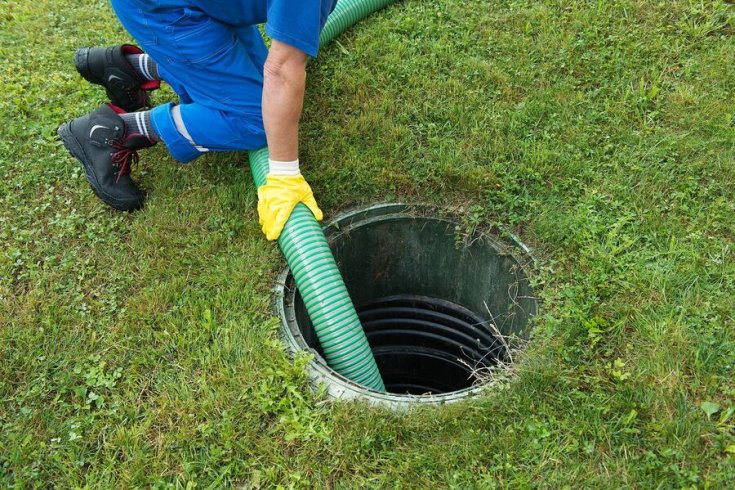
18
Reliable and Affordable Septic Services A properly functioning septic system is essential for any home or business that relies on…
Read more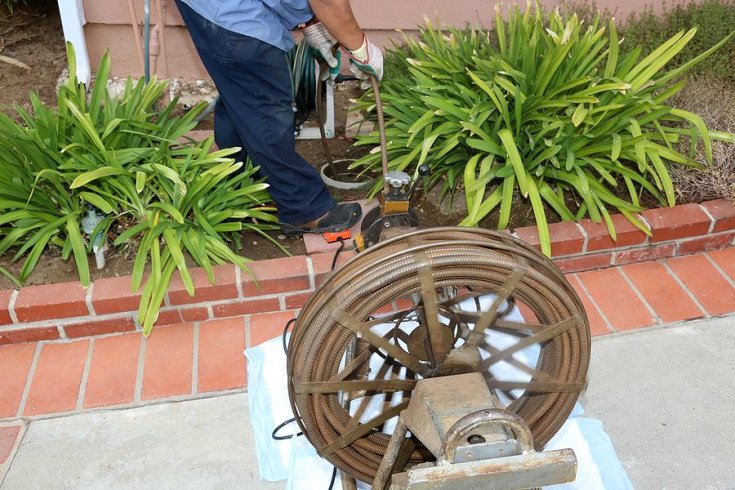
09
Signs and Solutions for a Failing Drain Field Your septic system plays a critical role in managing household wastewater, and…
Read more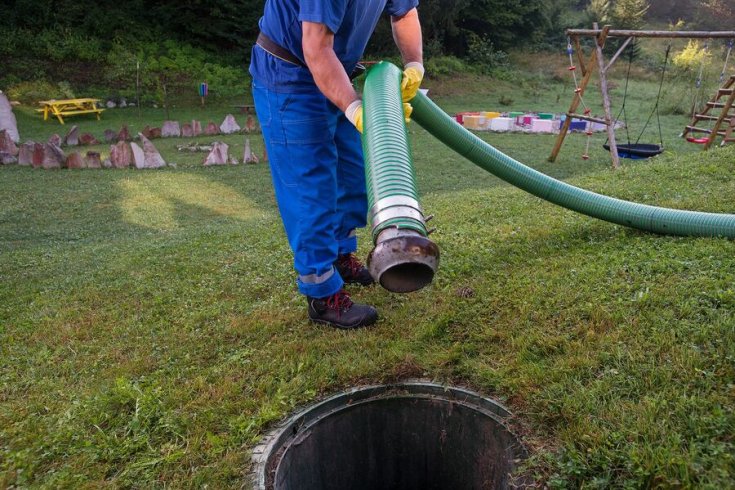
03
A Newbie’s Guide to Septic Pumping If you’re new to homeownership and have a septic system, you might be wondering…
Read more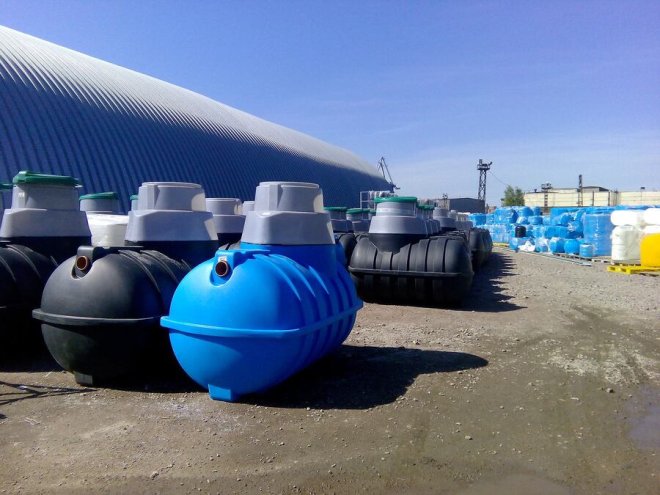
28
How to Prepare for Septic System Installation Installing a septic system is a major investment for any property that lacks…
Read more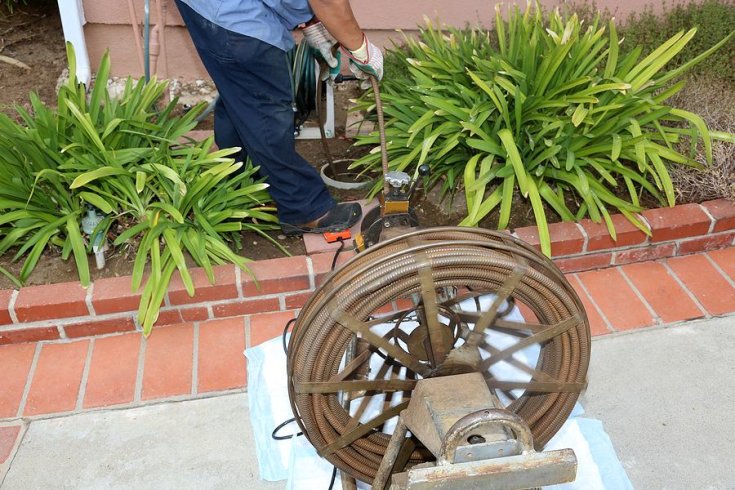
20
How Main Drain Cleaning Can Prevent Sewer Backups Sewer backups are one of the most unpleasant plumbing emergencies homeowners can…
Read more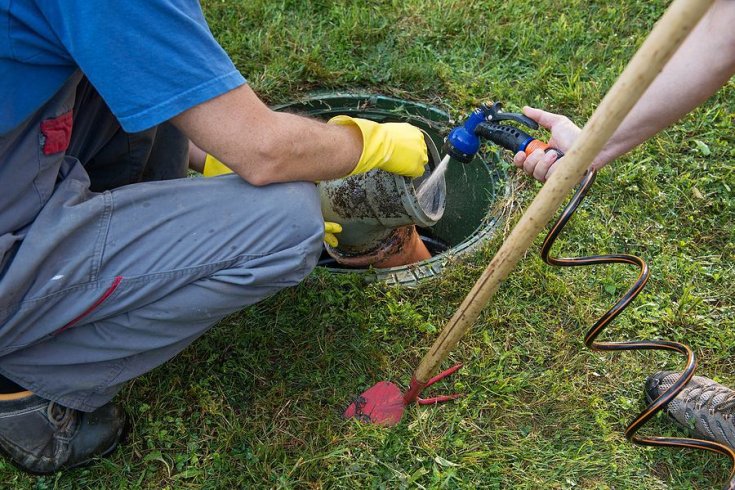
13
What to Do When You Have Drainage Problems Drainage problems can be frustrating and cause serious damage if left untreated.…
Read more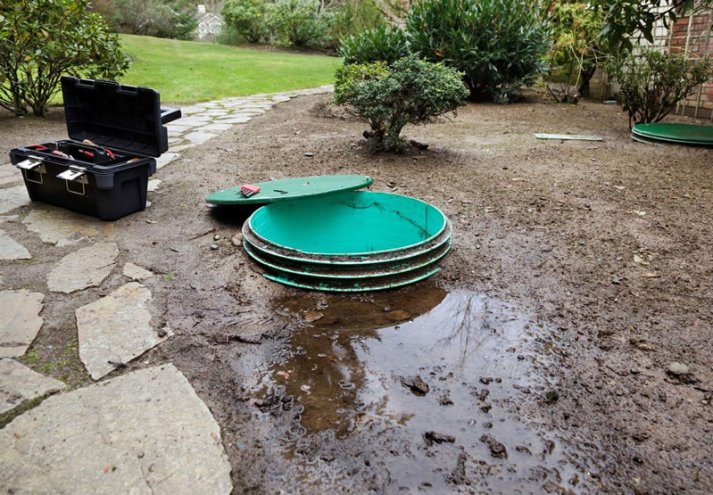
04
Signs and Causes of Septic Leaks A leaking septic system can pose serious health and environmental risks. If left untreated,…
Read more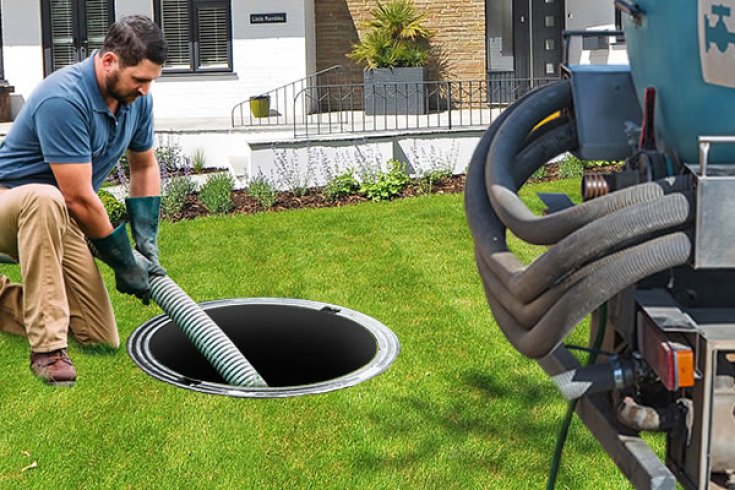
02
Unusual Septic Tank Blockages: Keeping Your Septic System Healthy A properly functioning septic system is crucial for any home or…
Read more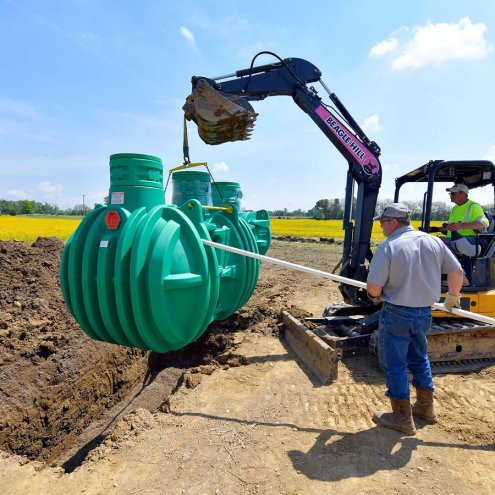
23
Seasonal Weather and Septic Systems Tank Your septic system plays a vital role in managing household wastewater, but seasonal weather…
Read more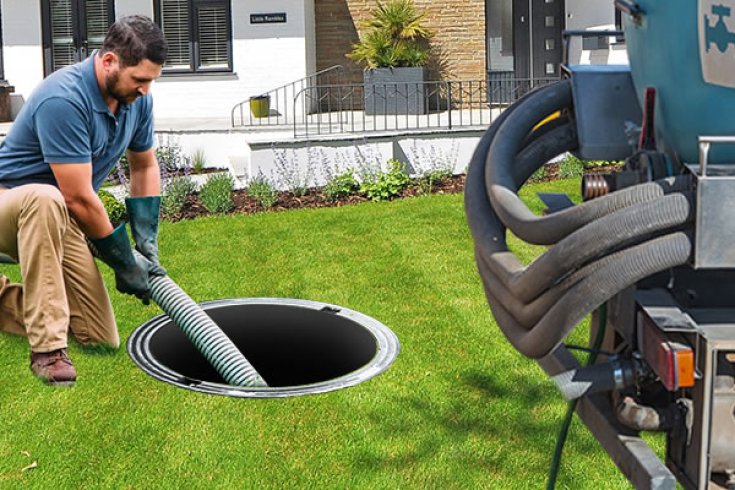
15
Why Toilet Paper Matters to Your Septic Tank Many homeowners don’t give much thought to their toilet paper—until it starts…
Read more